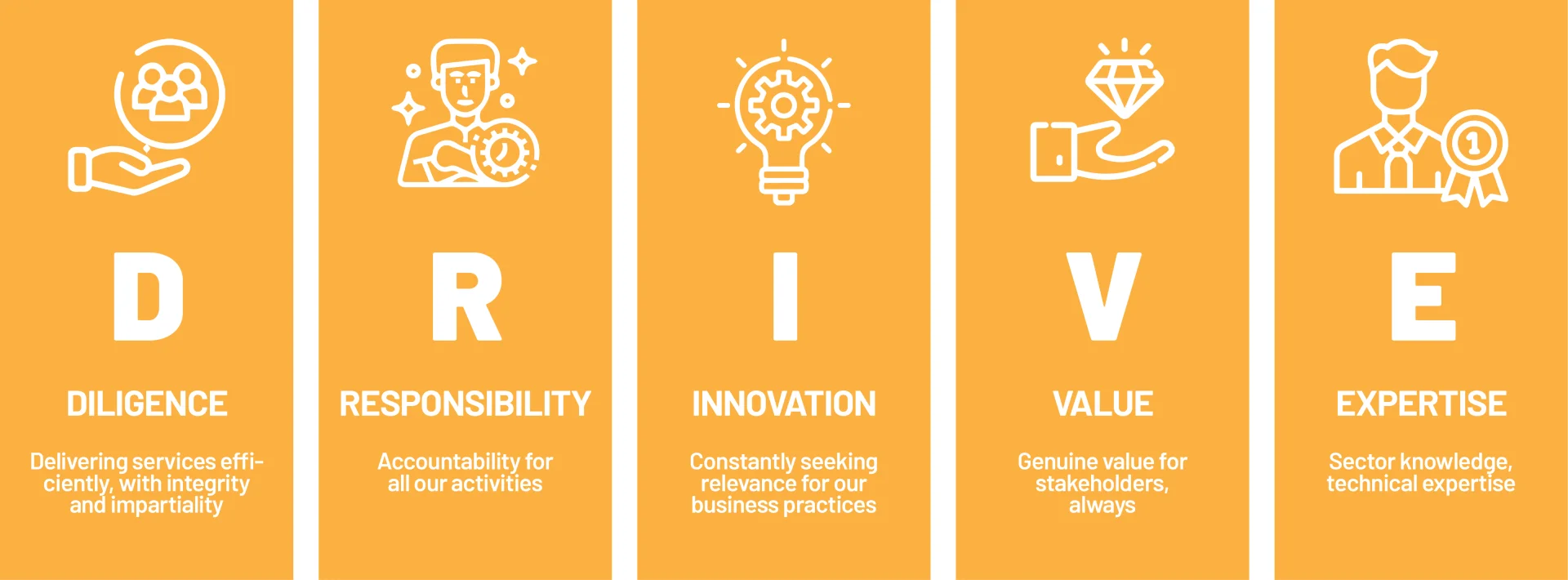Technical Assessor

About the role and purpose
Business area: Operations
Key relationships: BOA Sector management
In order to become accredited and maintain BOA accreditation, an organisation undergoes periodic assessments to demonstrate that it complies with the requirements of a specific Standard, for example, ISO 15189, and the relevant BOA accreditation criteria.
The NATA assessments are a peer review process which rely on the knowledge, experience and professional inputs of its highly valued 3000 plus volunteer Technical Assessor (TA) network.
By becoming a BOA Technical Assessor, you’ll work as a subject matter specialist (SME) during BOA assessments under the direction of a BOA Lead Assessor, and contribute your technical expertise to ensure assessment are relevant while also contributing to the profession and your further development.
Essential Profile
Many of BOA’s Technical Assessors already work within BOA accredited organisations and are well recognised in their field of expertise. The volunteer work they offer to BOA is also well regarded within the scientific and technical community.
Therefore, it is essential our volunteers possess the following:
- At least 3-5 years of relevant experience
- Have qualification(s) and/or professional registration(s) in the area of expertise
- Hold Australian permanent residency.
If this sounds like you and you want to become part of something important, please complete the Expression of Interest (EoI) via the link below.
Once received, the BOA team may contact you to obtain further information including an up-to-date resume and cover letter. The information you provide will be assessed and we will only contact you if your EoI progresses to the next stage.
Please note that BOA reserves the right to appoint or decline a potential volunteer’s EoI according to the needs of the business.
It is also BOA’s expectation that those seeking to join BOA as a Technical Assessor have obtained the necessary authorisation from their employer to be a member of the panel of Technical Assessors and undertake the requirements of the role.
We once again thank you for your interest in becoming a volunteer at BOA. If you have any questions about the process, please call 1800 621 666 and ask to speak with the HR Department.
BOA Values

For Government Regulatory Agencies:
- Enhancing State Management Efficiency:
By utilizing the results from accredited conformity assessment bodies, government agencies have a reliable tool for inspection, monitoring, and quality supervision. - Contributing to the development of a national quality infrastructure:
Accreditation is an essential component of the National Quality Infrastructure (NQI), supporting social- economic development, science and technology development and international integration. - Reducing the burden of verification and supervision:
Reducing the direct verification and supervision workload of regulatory agencies, as conformity assessment activities are periodically audited and evaluated by accreditation bodies. - Promoting the adoption of standards:
Accreditation encourages conformity assessment bodies and enterprises to apply and comply with standards and regulations. - Encouraging international integration:
Supporting regulatory agencies in participating in international agreements and fostering global integration.
For Society
- Promoting International Trade:
Through participation in multilateral agreements (ILAC/IAF MRA/MLA), results from organizations accredited by BoA are recognized in over 100 countries, helping to expand global markets. - Reducing Technical Barriers to Trade (TBT):
Assisting businesses in overcoming technical requirements of international markets, thereby boosting exports and cross-border trade. - Contributing to the Protection of Consumer Rights and Interests:
Accreditation activities support protect consumers by ensuring that products, services, and systems are evaluated objectively and reliably. - Improving the Quality of Goods and Services:
Accreditation promotes compliance with regulations, thereby enhancing the quality of goods and services available in the market. - Encouraging Fair Competition:
Promoting fair competition among businesses based on adherence to standards. - Building Consumer Trust:
Strengthening public and business confidence in the quality and safety of products, goods, and services. - Saving Time and Costs:
With international recognition, businesses reduce costs associated with repeated testing and certification abroad, shortening the time to market.
For Customers (Conformity Assessment Bodies)
- Enhancing Reputation and Competence:
Accreditation serves as independent and objective evidence of the competence of conformity assessment bodies, helping them demonstrate technical capability, management system effectiveness, and the ability to perform activities according to international standards. - Encouraging International Integration:
As BoA participates in international agreements under IAF/ILAC, organizations accredited by BoA can offer conformity assessment services recognized worldwide. - Increasing Competitiveness:
Accreditation enables organizations to assert their capabilities and create sustainable competitive advantages in the dynamic business environment. - Encouraging Continuous Improvement:
Accreditation activities encourage organizations to maintain, enhance their competencies, and update technical requirements, thereby improving the quality of conformity assessments. - Demonstrating Competence to Regulatory Authorities:
Accreditation results serve as objective evidence proving the organization's competence to governmental agencies.
